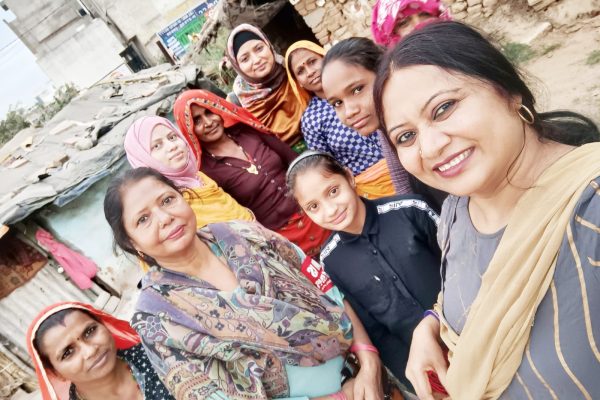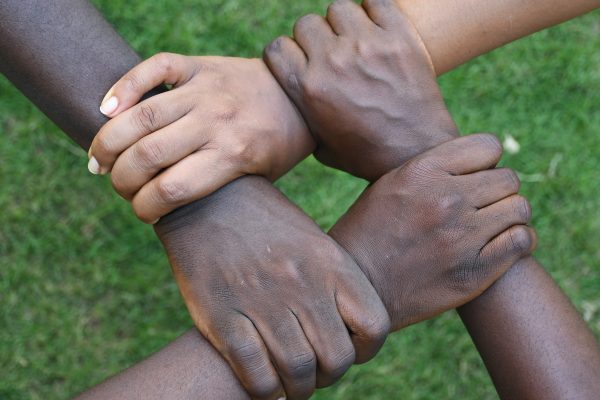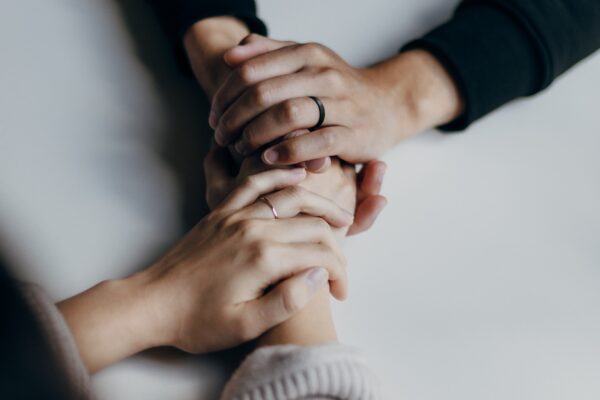The whole world watches in anger and mourning over the death of George Floyd at the hands of American police brutality. His senseless death and the subsequent protests are raising important questions and discussions over systematic racism in America and beyond.
It’s also generating vital discussions on allyship from non-black communities looking to further the cause of racial equality. We are all responsible for the treatment of black people in our society, and so it is important that non-black communities learn to become better allies.
The time for lip-service is over. We must be proactive and vehement in our support for the cause. Importantly, this article is geared towards delivering long-term change for black people, and not towards short-term performative anti-racism. The fight for justice is long but will only be achieved through harmonic activism from every community. We hope that the list below can be our first steps on that journey towards becoming a better ally.
Education
Start with yourself.
It’s easy to deride the racism of others without challenging your own prejudices. It’s vital to constantly learn and (more importantly) unlearn in order to become a better ally to black people, and there are a lot of resources to help you do this. Here are a few that we would recommend:
- How to be an Antiracist by Ibram X. Kendi, an important book which challenges racist and asks us to think about how we might build an antiracist society.
- So You Want to Talk About Race by Ijeoma Oluo, who tackles issues such as police brutality, privilege and the Black Lives Matter movement.
- Natives by Akala, a memoir/polemic about the author’s experience of the intersection of race and class in Britain.
- Why I’m No Longer Talking to White People About Race by Reni Eddo-Lodge, a vital exposé on the insidious prejudice found in everyday society.
- Long Walk to Freedom by Nelson Mandela, an autobiography of the iconic leader, which covers his fight against the brutal apartheid regime in South Africa.
- Here is a google doc filled with academic resources and a list of film titles, documentaries, books, clips and audio material on racism.
Education can also go beyond reading books. The National Museum of African American History & Culture has created a portal called “Talking About Race”, which has been put together to help people talk about race in a healthy way. It has online exercises and articles to help you do so in an accessible way.
This is also an important time to educate yourself on your own privilege. Recognising your privilege means that you can interact with the world in a way that is cognizant of the advantages you have been afforded. After all, being able to educate yourself on racism without having to live it every day is a privilege in and of itself.
Exercise Your Democratic Rights
Protests around the world are an important way of demonstrating anger at those in power. There is no doubt that they have a tangible impact. As we write this article, the charge against the police officer who killed George Floyd has been raised to second-degree murder, no doubt partly due to the persuasive force of the demonstrations.
There are other ways for you to consistently and powerfully exercise your democratic freedom to engender change, no matter where you live. Here are a few examples of what you can do:
- For UK allies: Write to your local MP (you can find your local MP and their contact details here), demanding that the UK suspends sales of crowd control weapons to the US, and that the government formally condemns US government actions against the protestors.
- For US allies: Contact your local senator or Representative (details here and here) to demand their commitment to longstanding racial justice.
- Sign petitions in support of those killed by police violence – you can find a list of them here.
Challenge Anti-Blackness In Your Own Community
You can have the most impact on achieving racial equity by challenging anti-black racism in your own community. This goes for white people as well as non-black people of colour. Minority groups can often feel that they have a free pass to be anti-black, but we have to recognise that prejudice exists between our own groups. Continued efforts to call out casual and structural racism in this small way can have a massive impact overall, along with scrutinising our own language and behaviours.
Platform and Listen to Black Voices
Part of being a good ally is resisting the urge to centre yourself around the argument for greater racial justice. Sometimes the best thing you can do is to stay quiet and amplify the black voices around you. If you are a non-black person, dismantling structural oppression of black people is really not about you, and that can be the most important lesson you can learn on how to be a good ally. What you can do is listen to black thought leaders who are paving the way forward.
Put Your Money Where Your Mouth Is
In fighting racism, as well as most things, money talks. A black square on your Instagram might make you look good, but actually dipping into your pocket is what will lead to long-lasting change. Economic justice and racial justice simply cannot be disentangled from each other. Here are some places that you can donate to:
- NAACP Legal Defense and Education Fund – Donate here to America’s top legal firm dedicated to fighting for racial justice.
- Donate to Black-Owned Businesses – Many of black-owned businesses were destroyed by the riots. Buy local and support the rebuilding of communities and businesses.
- Buy Black – Going forward, redirect your disposable income towards buying from black creators, businesses and organisations. Use the hashtag #BuyBlack on Twitter and Instagram to find them.




